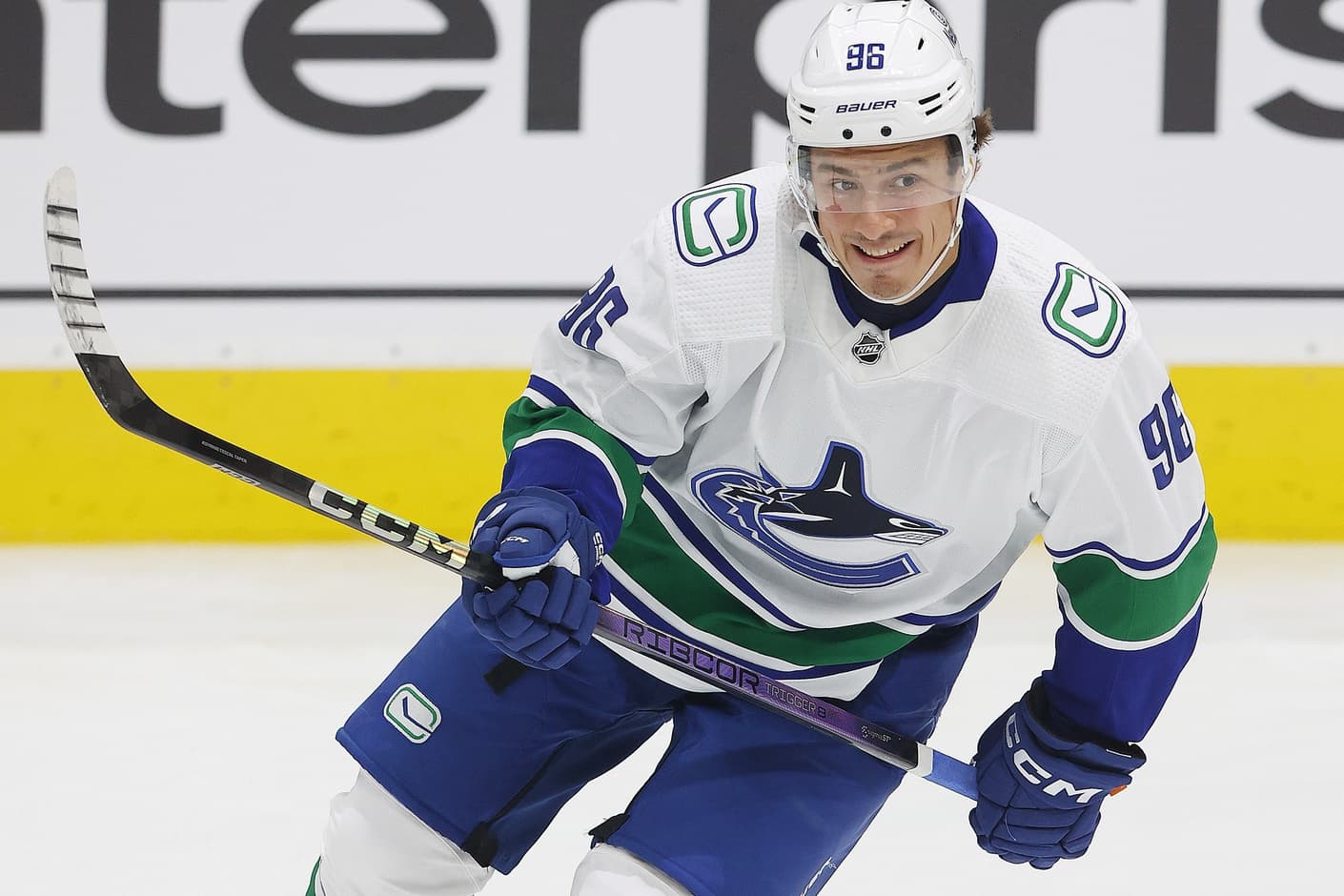Andrei Kuzmenko will be the Calgary Flames’ first Russian forward in 20 years
Photo credit: Perry Nelson-USA TODAY Sports
By Mike Gould
8 months ago
Keep scrolling for the next article
Breaking News
- Flames Post-Game: The Flames move to 5-0-1 with a shootout victory over the Penguins
- NHL odds, betting preview (Oct. 22): Penguins vs. Flames predictions
- 2 Calgary Hitmen players named to Team CHL for CHL USA Prospects Challenge
- Flames Game Day 6: A visit from the Penguins (7:30pm MT)
- Calgary Wranglers Game Day: Facing the Oilers affiliates for the first time this season
